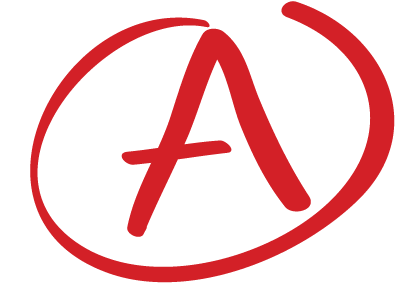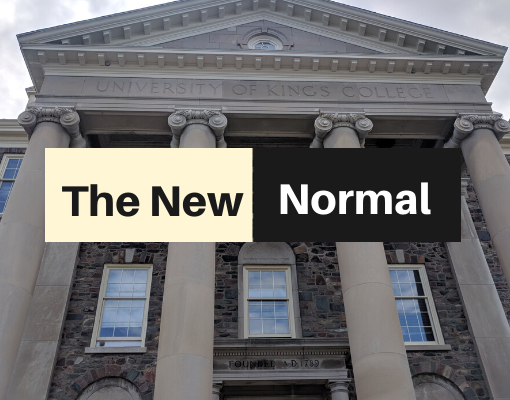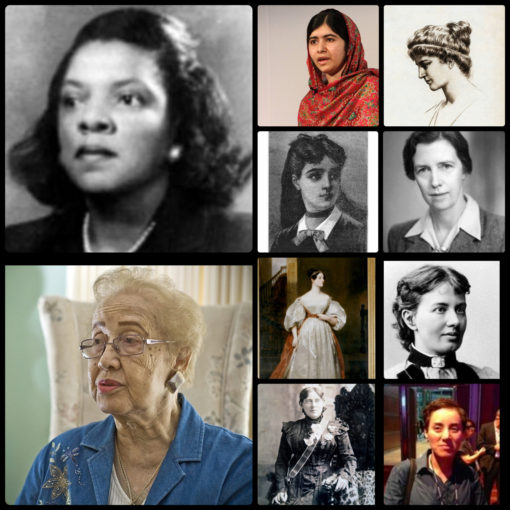Why is math boring? I don’t know. It just seems to end up that way when you’re in school. The applications of mathematics are not so boring and learning it doesn’t have to be as boring as it comes across. Isn’t that the questions kids ask in school: “Where am I going to use this in real life?” You may not use it directly, but there is some aspect of your life that is affected by mathematics. The one element that we all use from the field of mathematics is arithmetic. Numeracy skills are use all day every day from the moment we wake up and with technology advancing all the time and the more digital and data driven our environment becomes, being comfortable with numbers and how to use them and interpret them, becomes increasingly important. Interpreting and communication numbers and data will be as common place as speaking.
Numeracy
nu·mer·a·cy
noun
- the ability to understand and work with numbers.
“basic skills such as numeracy and literacy”
What are numeracy skills?
And what are numeracy skills? I did a search and below is what I could gather from what numeracy skills are those math skills that are useful in life, your job, every day living, ability to understand and analyze situations with numerical information. Some of the skills that fall under numeracy skills include:
- Knowing your numbers
- Understanding the relationship between numbers
- Interpretation of mathematics information
- Ability to calculate
- Measurement and data analysis
- Understanding trends
These above skills made some sense to me. But the following I would not have thought would fall under numeracy skills. These include:
- Ability to remember
- Visual perception of information
- Organizing information
- Formulation of an argument and logical thinking
- Language skills
- Scheduling or budgeting
- Working with graphical information
That’s a lot of skills to get from a math class! [1]
There is a great summary of where we use these numeracy skills and example in [2]. Everything is included from managing finances to reading or watching the news and understanding the statistics and information that is being communicated to us.
I also found some data on the mathematics performance scores of young people aged 15. How the scoring is done, I’m not sure but the measure the mathematical literacy of 15 year olds. Some interesting information can be seen in the graphs. For one, in most countries, boys score higher than girls. Canada scores within the top ten countries surveyed/studied. [3] So what exactly is mathematical literacy?
Mathematical Literacy
After a some searching, I get the impression that some say numeracy and mathematical literacy are the same while there is some distinction between the skills needed when working with or using mathematics in everyday life vs the act of being literate in mathematics. That brings us the question, or what does literate mean? A good question and one we’ll get to in a moment. In [4] there are 3 domains of mathematical literacy, reading mathematics, mathematical interpretation and expression mathematics.
Reading mathematics: This considers the language specific to mathematics, which has a technical aspect to it and syntax.
Mathematical interpretation: Transformation everyday language and understanding of mathematics into a mathematics representation.
Expressing mathematics: This is using the above to domains to be able to communicate mathematics to others.
Mathematics as a language not a subject
Mathematics is a language and being literate in the language of mathematics makes you mathematically literate.
As promised the definition of literacy.
lit·er·a·cy
noun
- the ability to read and write.
- competence or knowledge in a specified area.
“wine literacy can’t be taught in three hours”
From the definition of literacy, it is the ability to communicate in a particular “language” or subject area.
Why is math so boring?
Our original blog post title was “Why is math so boring?” That is hard to answer because for everyone it is different but, something I have noticed is that before math becomes “boring” it becomes difficult or hard to understand. It is after this that disinterest sets in for many people is become boring, or perhaps it’s the actual class that is boring not the subject?
Most view math as a subject, rather than as a language that is then used to describe and communicate different types of situations and topics that regular language can’t in the detail and depth that mathematics can. So many students ask, where is this used? Well, it, mathematics, is used to describe situations and solve problems, model and interpret situations in a more quantitative and analytical way that regular language cannot. But so much of this is done later after all the basics are taught and introduced at the high school level. Even in first year university, basics and tools of the languages are still being taught and introduces. Why is math boring? Perhaps because it is not viewed correctly?
One math course in high school that starts to touch on the applications of the mathematical language in a “real” way, is the grade 12 course Data Management. From what I have seen of this course, it looks at statistics, counting techniques, probabilities and then surveys. This is a great way to start u sing some of the language of mathematics in “real” setting. What seems to be a bit unfortunate, is that the other grade 12 courses, calculus and advanced functions, seem to be university requirements which leaves Data Management as the lowest priority course, if it is taken at all. Views on each of the mathematics courses offered at the high school level will be offered. But that is another blog post!
And finally, math is the only subject that has a day dedicated to a number and that number is food! Pi! How much more fun can that be? Way more than you need to know about the number pi!
References:
- Numeracy Skills: List, Definition & Examples, Businessphrases.net, URL: https://www.businessphrases.net/numeracy-skills/
- What is numeracy?, National Numeracy, nationalnumercay.org.uk, URL: https://www.nationalnumeracy.org.uk/what-numeracy
- Mathematics performance (PIS), Data, OECD, data.oecd.org, URL: https://data.oecd.org/pisa/mathematics-performance-pisa.htm
- Unit 1: Defining Mathematical Literacy, KNILT, URL: https://knilt.arcc.albany.edu/Unit_1:_Defining_Mathematical_Literacy




